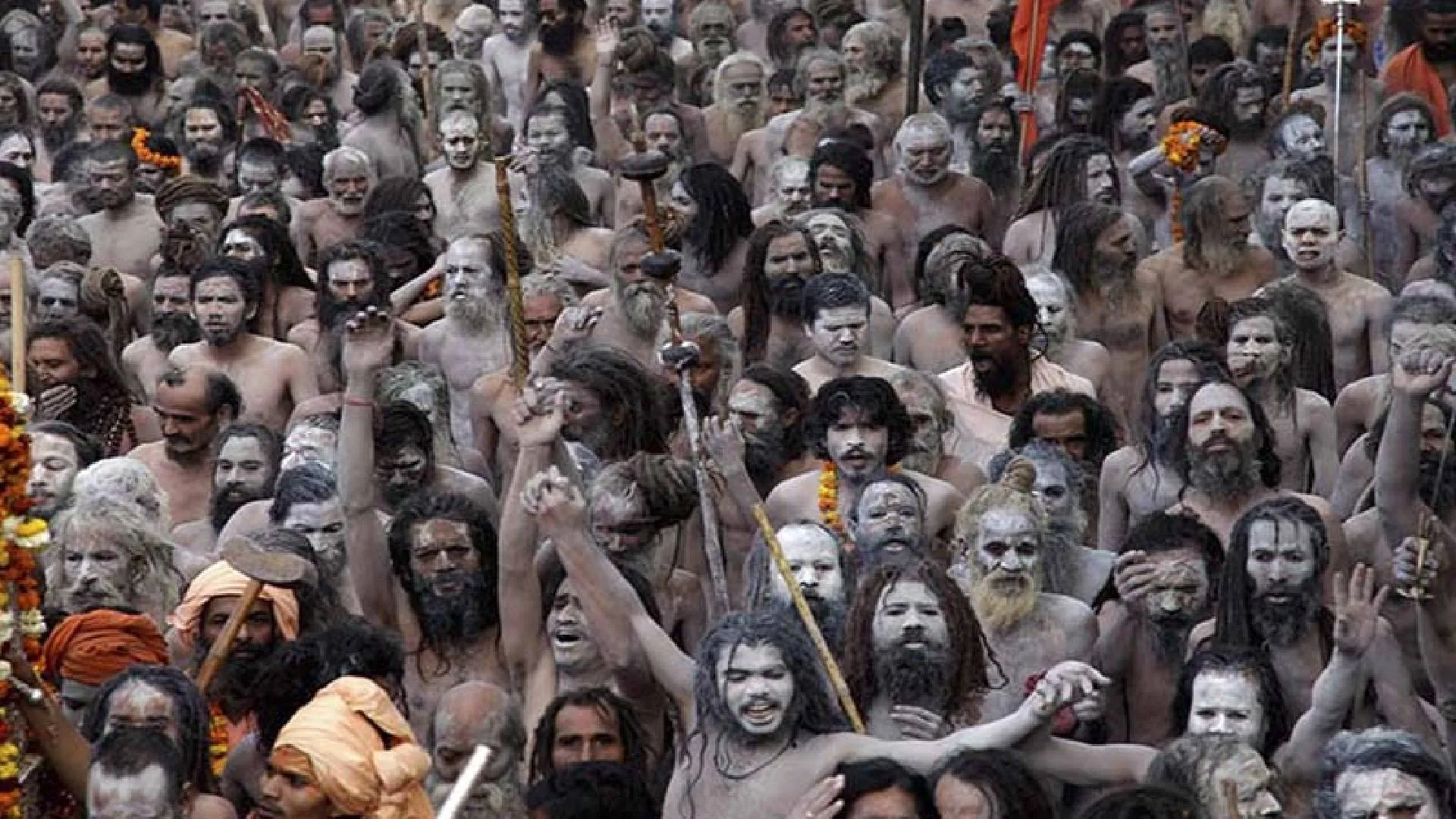Just to listen to knowledge does not mean to know it. To know it means to accept it and to move along according to it.”
On our spiritual journey, the biggest challenge we have is that we have a superficial understanding of what it is to know something. We can understand information but that does not necessarily mean we have acquired wisdom.
There are four levels of ‘knowing’:
The first is the mode of ‘thinking’, that is ‘knowing that’: For example, Paris is the capital of France. In other words, we build a belief on knowing information. In the west, this level of thinking is so dominant that once knowledge is acquired at this level, then we feel it is ‘job done’, we now know. But when that knowledge or information is of a spiritual nature, that is not ‘job done’ – it is not knowing at the level of ‘walking the talk’.
The second level is the mode of ‘doing,’ that is, knowing through doing, ‘knowing how’. E.g., to catch a ball, to cook, to drive a car. In other words, acquiring skills.
The third is the mode of ‘seeing’, that is, ‘knowing the situation’. E.g., to travel by plane, to eat too much, to be criticised. In other words, the realm of experience.
The fourth is the mode of ‘being’, that is knowing the self. In other words, knowing who I really am. Coming into full awareness of being a spiritual being.
For spiritual progress/understanding, we may believe we are souls, because we have been given that information, and we may know how to behave as if we were the soul and not the body, we may even experience this from time to time, but the journey is to arrive at the full awareness of being the living, conscient, light, energy driving the body.
This means that the way I think, the way I see, the way I understand, the way I behave, are all deeply integrated and fully connected, based on knowledge.
True knowledge is completely filled with love. It is this level of awareness that brings deep transformation and change.
‘Smrti’, that is our awareness, is like the foot of the intellect. It is where we stand in our experience of reality. The state of mind is based on recollections of the past. My state of being is fundamentally anchored in the memories I have of my self through time. That is where our attention is connected. So, this depends on who we ‘think’ we are in the world. ‘Smrti’ is the anchor. Our awareness affects the ‘vritti’, our attitude or instincts, our disposition. So, our awareness affects the attitude we have as to how we face the world, and those around us. This in turn affects our ‘drshti’ – our vision, or how we look at the world and others. We do not see things as they are but as we are. Depending on how we see what is around us, what follows is ‘krti’, our actions, the work we do, the deeds we perform. All of this is dependent on our ‘smrti’, our fundamental awareness and the result of that is ‘srshti’ the world, our nature, our own particular universe, within and manifest without.
When we change, the world changes. It is through deeply experiencing the awareness of being a soul, a spiritual being, occupying a physical body and through which we find expression, that not only our own inner world will change, but also the whole of the world will change. We cultivate this by paying attention to what is going on inside the self. Sorrow comes directly from the wrong awareness – that of being only a body, a role, the false awareness of who I am. Happiness comes from introversion. If we always look within, we will always be happy.
Geoff Marlow is an organisational consultant and Rajyoga practitioner based in Cambridge, UK.























